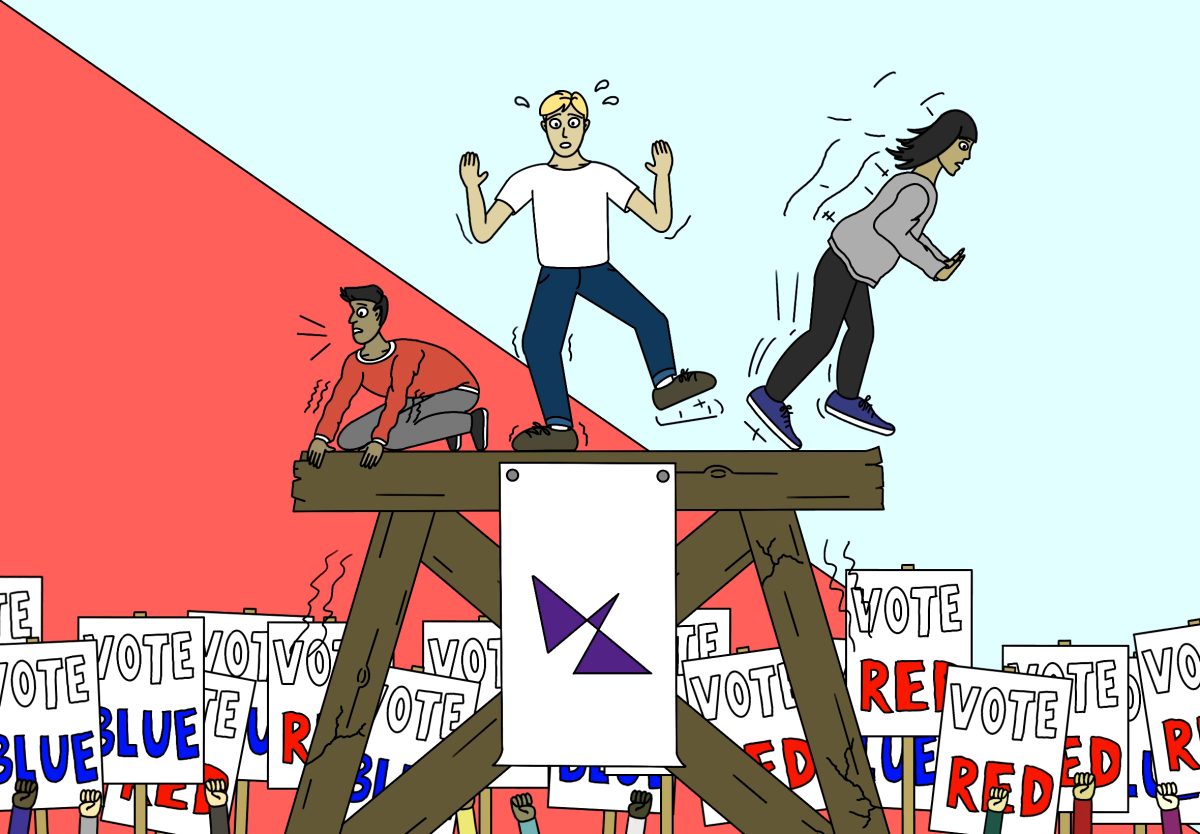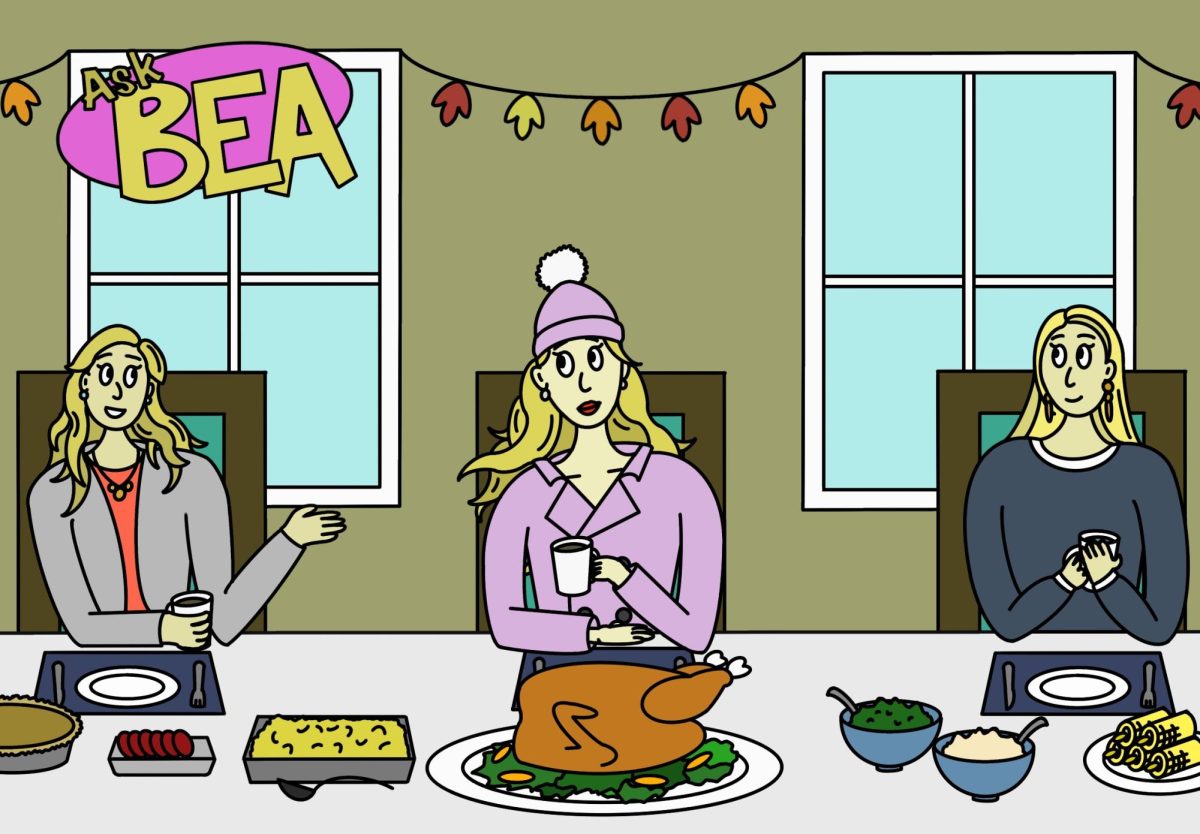This fall has been uncomfortably different, and I have little hope that the spring will bring a return to “normalcy.” Student organizations at Furman seem to share my conclusion, and consequently have accepted the permanence of our current situation with a begrudging, but all the same willing, attitude.
Perhaps hardest hit amongst these student organizations is Greek Life, as functions, events and get-togethers have all but been eradicated. Though all these casualties are generally regrettable, there is one aspect of Greek Life that will suffer most from our new COVID-19 regulations: rush.
Sorority members will readily confess that rush was the most “exhausting” week of their lives. Yet the word exhausting is an understatement. The truth is, rush is mentally taxing, physically draining and socially unpleasant.
Last year, I spent three days parading around campus like a tribute amongst her competitors in the Hunger Games. The different rounds were our trials, and in the end, the Capitol judges, aka the sororities, assigned us our tribute scores and determined our homes for the next three years. To lessen the potency of this dystopian picture, I will concede this—I love where I ended up, and I know multiple people have had similar experiences. Yet I also know, having completed the process, that my placement was hardly an accident. In many ways, rush is pre-determined. In retrospect, I think it was this fact that made the three days so grueling.
Rumors have always circulated that it was who you know, rather than who you are, that determines your sorority. I rejected this idea as a freshman, not because I thought that it was unfounded, but because I wanted to give the process the benefit of the doubt. I went into each round thinking that conversations made a difference. I was wrong.
Conversations during rounds are largely just confirmation that whatever X sorority member said about you earlier was valid. Sure, there are exceptions, but considering most of my class got placed in sororities with either a) a majority of their friend group, b) where they knew many upperclassmen, or c) they had some previous connection, I think pre-determination has a place in the sorority manifesto.
At this point, I will make another concession: on some levels, this sort of placement process is unavoidable. It is simply impossible to get to know somebody in a 30-minute conversation, and therefore context and references are helpful. But if sororities are going to set up the system in this way, freshman should be aware. They should know the importance of pre-rush interaction, and not proceed like I did—oblivious, naïve and much too hopeful.
This year, typical rush has been replaced by a new, online, format. Unfortunately, I fear no positive benefit can come from this type of change—in fact, I think this shift will only exaggerate the unfairness of the current system.
As rush adopts Zoom formatting, the slim chance one had of making a lasting impression in regular rounds grows even more minute. Freshman will almost have to have some sort of previous “in” to influence their fate. Likely, sororities are going to rely more heavily on their members’ earlier interactions with potential new members to make decisions—interactions that have taken place during a socially distanced and awkward fall. As a result, references are likely going to be inaccurate or single-sourced and, as a result, unsubstantiated conclusions could be drawn.
While I would like to say that this chaos could lead to some beneficial re-structing of the rush system, my intuition says sororities will resort to “he says she says” citations, outward appearances and social media stalking to determine their next members. While this is sad for the PNMs, it is also sad for the sororities. But this sort of regression is distastefully stereotypical of Furman’s Greek Life.
I am unsure of how January’s events will proceed, but I feel deeply for the participants. While Greek Life at Furman is by no means a perfect institution, I have found the sisterhood aspect of it welcoming. It is simply unfortunate that initiation into these organizations first requires hurdling a broken, and frankly socially uncouth, rush.




































